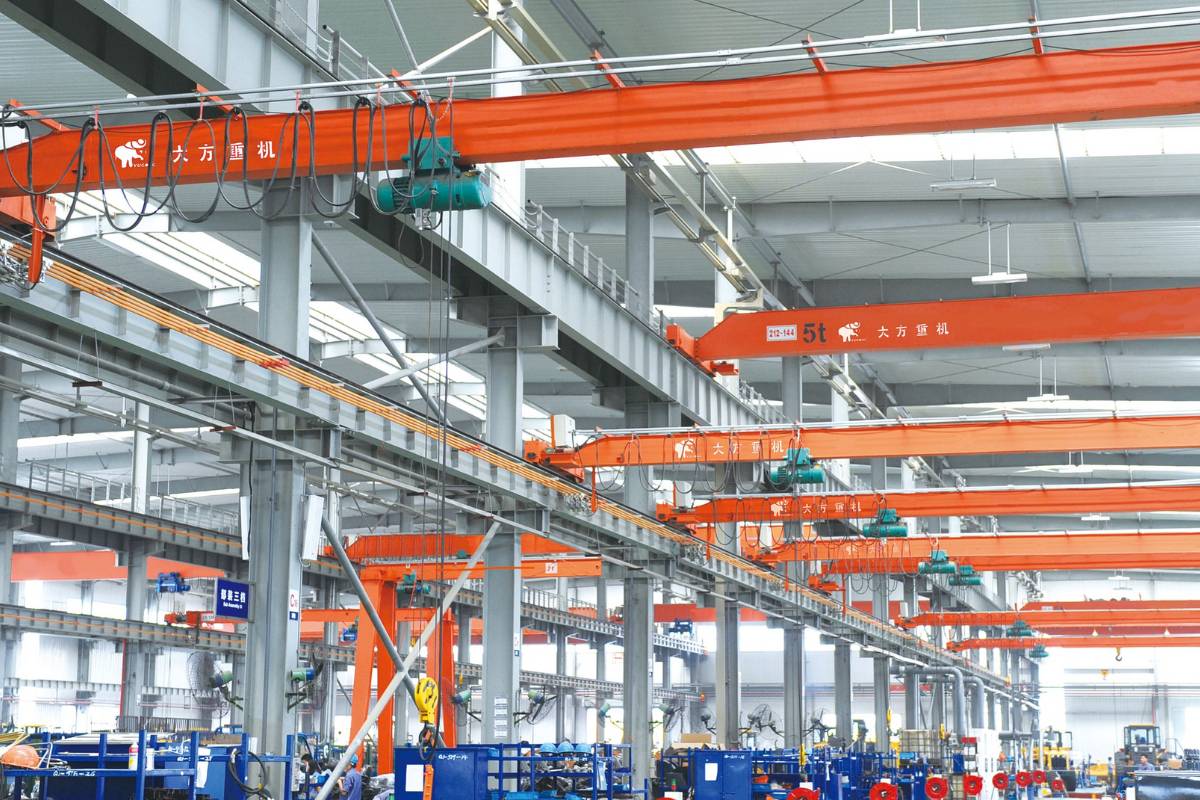Lithium batteries have etched a crucial place in today’s digital age. They energise everything from pocket-size mobile devices to weighty electric cars. However, while they make life more convenient, they also bring about a pressing problem with their disposal. The significance of understanding and implementing safe disposal practices cannot be emphasised enough. This article will delve into the aspects of lithium batteries, their adverse effects if not disposed of correctly, the loopholes in current disposal methods, and innovative solutions to combat this issue.
Understanding Lithium Batteries
A lithium battery is a type of rechargeable power store that primarily uses a lithium-ion combination to function. Common applications of these batteries occur predominantly in consumer electronics such as laptops, smartphones, and cameras due to their high energy density and longevity. Typically, a lithium battery’s life expectancy ranges around two to three years or 300 to 500 charge cycles, whichever comes first. Once they deplete, if not correctly disposed of, they can cause serious environmental harm.
Environmental and Health Impacts of Lithium Batteries
Improper disposal of lithium batteries spells trouble for the environment. When these batteries end up in landfills, they expose the ecosystem to hazardous materials. These can leach into the soil and water, resulting in long-lasting damage. Furthermore, there’s a risk of battery fires, which emit toxic fumes harmful to the environment and human health.
Exposure to discarded batteries can also lead to health concerns such as skin irritation and, in severe cases, lung ailments or organ damage. The environment isn’t the only victim – wildlife, particularly birds and aquatic animals, are threatened by battery waste. The issue came to light when thousands of birds mysteriously died in the English Channel in 2013, later linked to a lithium battery leak from a cargo ship.
Current Methods of Lithium Battery Disposal and Their Drawbacks
English Channel’s incident underscores the dire need for effective lithium battery disposal. Available disposal methods include incineration, landfill, and recycling, each with their pitfalls. Incineration releases harmful gases while landfills risk soil and water contamination. Even though recycling seems promising, many businesses or individuals neglect to dispose of batteries this way due to lack of awareness, convenience, or apathy, thereby missing a golden opportunity to repurpose these valuable materials.The
Need for Safer Disposal Practices
To curb the harmful effects of lithium batteries, both solid and robust safety protocols need implementing. Proper disposal practices directly influence environmental conservation, evidencing a clear correlation between the two. These practices can also drastically minimise health risks linked to improper disposal.
Yet, the call for safer disposal is not for consumers alone. It’s a shared responsibility spanning businesses, governments, and individuals alike. Companies, for instance, can improve their products’ design to facilitate easier recycling. Governments can enforce stricter disposal regulations. As for individuals, awareness is key, and every bit counts.
Emerging and Potential Solutions for Safe Disposal of Lithium Batteries
Various promising solutions are brewing on the horizon. For instance, the LithoRec process, developed in Germany, increases the efficiency of recycling lithium batteries while containing hazardous materials. Such innovative solutions mark a beacon of hope, envisaging a far less resource-intensive, and cost-effective safe disposal practice.
Government policies, too, can play a significant role. Enforcing strict regulations for proper battery disposal or subsidising safe disposal methods could improve the current landscape drastically. However, to achieve a truly global impact, these solutions need to be universally adopted, transcending borders and cultures.
Conclusion
As we’ve explored throughout this article, understanding lithium battery risks is vital for both our health and the environment. The time to adopt safer disposal practices is now. If we each take responsibility for our battery disposal, the ripple effect could be world-changing. It is not just a mere buzzword, but a necessity to preserve the earth for future generations. Therefore, let us come together, embracing practical solutions to discard lithium batteries safely, propelling us toward a cleaner and healthier world.







Leave a Reply